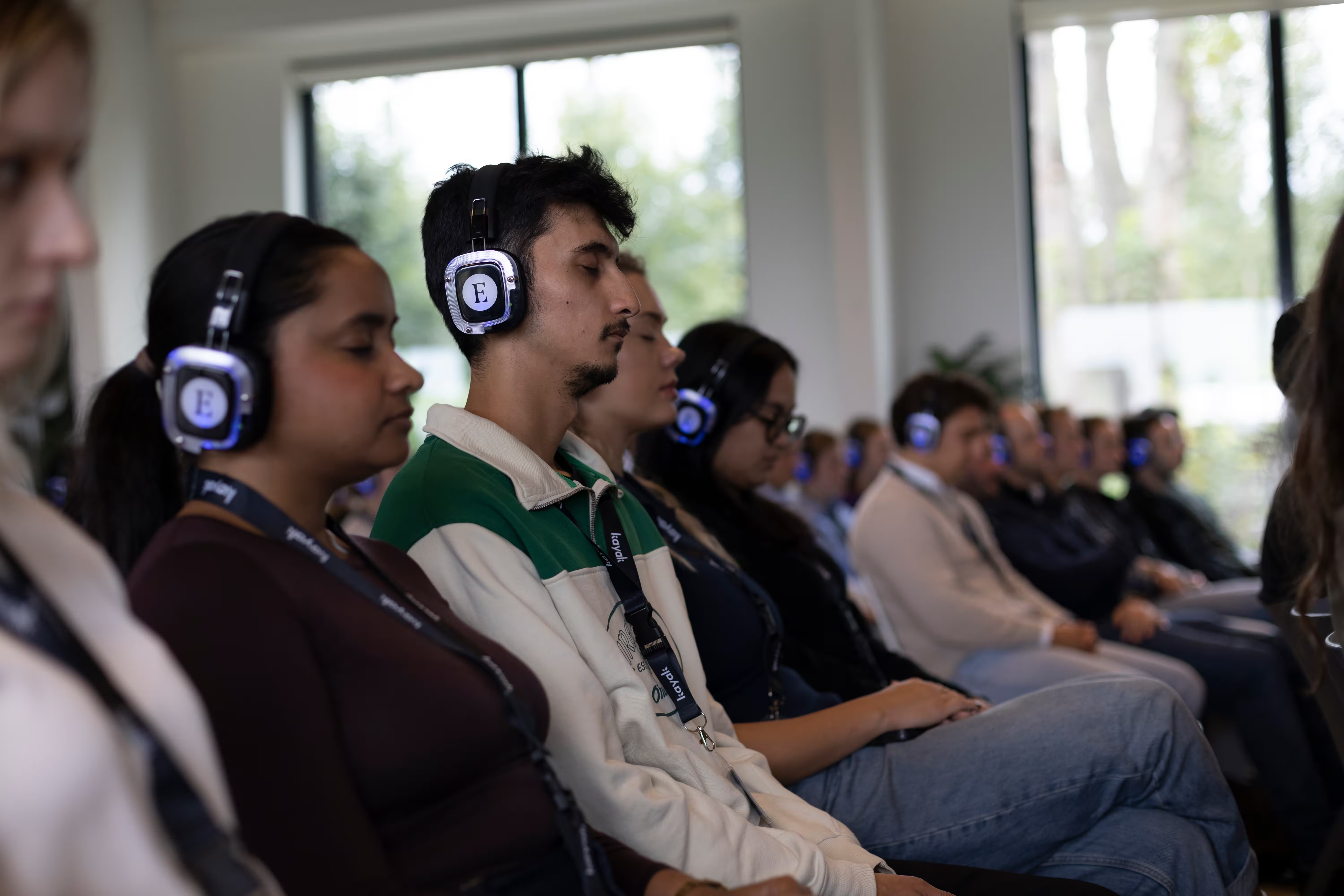Diverse and inclusive organizations are important. Therefore, there are several themes such as gender, sexual orientation and ethnicity that now play an important role in our society. Generational diversity also belongs among this list. What if we told you that generational differences in the workplace are necessary for a productive team? In this article we take you through the 3 most important benefits of generational diversity within a team.
This is what we can learn from children
Before we dive into the benefits of generational diversity within your team, let's discuss an example: It often happens that children seek each other out, for example on vacation. They create a group of which some are still toddlers or young school children, but others are already in grade seven or eight. Often it is a diverse group and they pull together. They come up with games or go build something together. Whatever they come up with, they have to work together as a team to get something done. Thus, the big kids take charge of the project. After all, they have experience. They explain the rules and give instructions. The younger children, on the other hand, come up with creative additions, giving the project another twist. One moment they are laughing together and cooperation is going well. But as we know, cooperation does not go without a hitch. At some point, miscommunication arises. The little ones don't always understand what the older children are saying and vice versa. Then the older children just take over the project because it takes too long for the little ones to deliver the desired results. In turn, the little ones become sad, eager to learn how to do things right. The older children put up with this and not only tried to explain to the little ones what should be done, but also showed them how to do it. The little ones then started practicing and adopted the desired working style. The result? Cooperation improved and by the end of the afternoon they had finished their project. With much pride and new knowledge, they returned to their parents.
Key benefits of generational diversity:
1. Generational diversity leads to growth
You probably feel it coming: this example is not just about children. No, we also encounter this story in the workplace. Diverse teams with different ages and backgrounds try to work together to achieve the best results. Only, because there are so many differences, noise regularly arises. After all, each generation operates and communicates differently. But the differences within these generations can be used as a strength in the workplace. Generation X, for example, has a lot of work experience behind them and are often experts in their field. They can coach generations Y and Z on skills for the workplace. On the other hand, we have generation Z, which are true digital natives and can coach generation X on digital skills.
By encouraging generational diversity within your team, you ensure that you bring in many different qualities. And with many qualities and skills within the team, the team can grow faster because it has all kinds of skills.
Generational overview: the strengths and pitfalls

2. Generational diversity increases productivity
As mentioned in point one, the team grows because they can learn from each other. As you saw in the story with the children: the older generations share their knowledge and experience, while the younger generations come up with creative suggestions and bring a fresh perspective. The consequence of a team that is constantly growing and developing is that the team learns to look at a problem from a variety of perspectives and thus come up with creative solutions faster. This makes a team more productive. Because thanks to the diversity of qualities, skills, expertise and backgrounds, teams with generational diversity solve problems faster than homogeneous teams. For example, Aubrey Blanche says the following about generational diversity: "Older employees tend to be better at solving more complex, deep-rooted problems because they often have a deeper understanding of current systems and have gained a lot of experience over the course of their careers. But, it is precisely when those very different ways of thinking come together that teams can reach their true potential."
3. Generational diversity increases employee retention.
The transfer of knowledge and experience we talked about earlier increases not only productivity, but also motivation within a team. Social psychologist and generational expert Aart Bontekoning says the following about this: "Every organization needs the power of generational diversity to remain socially, economically and ecologically a healthy and attractive employer."
Employees stay longer in an organization where there is generational diversity because they not only feel that they are adding value to the team, but rather they can learn from others and increase their knowledge. This interaction of adding value and continuing to grow makes employees stay longer for an organization.

How do you ensure that a diverse team achieves its full potential?
Despite the many benefits, a diverse team also brings challenges. As we saw in the example with the children, miscommunication or tensions can arise within a team. Therefore, Ely and Thomas argue that if a team wants to achieve results, they can choose the "learning and effectiveness paradigm." This involves a team creating a culture where different viewpoints and work styles are valued (rather than suppressed) and where employees are encouraged to share their knowledge and experience. "Our research shows that when companies take this approach, their teams are more effective than homogeneous teams or diverse teams that do not learn from the differences among their employees," they say. Ely and Thomas identify four pillars important to this learning culture:
1. Build trust and create a workplace where people feel free to express themselves.
2. Actively combat prejudice and systems of oppression.
3. Embracing a diversity of voices and styles within the team.
4. Utilize and value employee knowledge and experience.
THUS ... generational diversity?
Perhaps you have heard generation Z say "OK boomer" because you can't keep up with technological developments. Or maybe you are the new kid on the shop floor and you regularly hear that your fresh view is needed, but then your ideas are filed away in the 'that will come one day' folder. At DUS we have spaces where you, whatever generation you are, can feel like a kid again. So you can discuss the power of generational diversity in a creative way.








